RIC- A way forward

Authors are students of Politika16, an online educational initiative.
On 12th August 2020, Politika16 organized a webinar on Russia-India-China (RIC) through Google Meet. Politika16 is an online educational initiative meant exclusively for students of Political Science and International Relations. It began on the initiative of Ms Aparna Varma, a PhD Scholar at the Jawaharlal Nehru University, to guide students in clearing various competitive exams of the said subject.
The ongoing Coronavirus pandemic has led to the shutdown of the entire country. While we are still in the unlocking phase, students, teachers, and educators are still bearing the brunt of this crisis. Students have been facing difficulties in being able to access proper learning techniques in order to clear exams like UGC NET, JNUEE, DUET, and likes. Politika16 was started as a benevolent enterprise on 29 July 2020 to bridge this gap of ineffectuality caused by COVID and help students crack entrances with flying colours. It also aims to aid students in getting significant educational exposure by organising webinars which are presided over by distinguished professors, seasoned diplomats, and politicians, who have also praised this wonderful initiative.
Politika16 had organised another webinar right after its inception on “Why and How of Political Science and International Relations”. Its panel consisted of Dr Amna Mirza, an Assistant Professor in DU, Dr Abhishek Shrivastava, Assistant Professor, JNU and Mr Vikas Sunda, IPS Officer. They offered a detailed introduction to the subject to students of Politika16 in order to familiarise them. The students collectively enjoyed the webinar as it offered them a fresh and divergent perspective of the know-hows of Political science.
The more recent seminar was on RIC as a strategic group in Asia. It first took shape in the late 1990s under the leadership of Yevgeny Primakov as “a counterbalance to the Western alliance“. In fact, Primakov, a politician and diplomat, who was also the Prime Minister from 1998 to 1999 of Russia, is credited with the conceiving the idea of RIC.
The webinar was moderated by Ms Varma which was presided over by Dr Sergei V. Fandeev, the Director of the Russian Centre for Science and Culture, Mumbai. He is the Vice Consul of the Embassy of the Russian Federation in the Republic of India. Ms Purnima Anand, the President of BRICS International Forum was also a part of it. She is the recipient of the prestigious Pushkin Medal for promoting India Russia relations and has represented India at various international platforms like BRICS and SCO meet. Dr Rashmini Koparkar, an Assistant Professor at the School of International Studies, Jawaharlal Nehru University, New Delhi was also a part of the distinguished panel.
Dr Koparkar commenced the talk by addressing systemic shifts caused by the Coronavirus in India. The virus has hit important centres of India including Delhi and Mumbai. It is health as well as a global economic crisis.
The webinar highlighted the pragmatic shift of power from the Atlantic to the Pacific. It means that the focus of World politics is moving towards the ‘Asian culture’.
It was argued that in contemporary times, RIC has failed to perform its role as an international institution. However, even in this catastrophe, India and Russia’s relations have remained intact and both have maintained a positive defence relation.
On India-China recent problems
In the recent RIC e-summit, Russia had advised China and India to cooperate in a more mature manner. Dialogue and negotiation have played a huge role in sustaining relations. Even in such a controversial period, the three have shared many converging interests such as – the desire to become major global players and maintaining a unique identity.
The three nation-states are emerging economies and are often seen as negotiating their differences between the visits and informal summits. However, the border dispute remains consistent. Dr Koparkar further emphasised that although there is divergence, negotiation is the key.
Dr Sergei V. Fandeev highlighted Russia’s standpoint amidst the tension between India and China. He said that Russia is unwilling to meddle in the affairs of any country and ultimately, Russia aspires for international peace. With regards to India and China, he wants both of them to resolve the issue through bilateral negotiations.
Dr Fandeev is a great admirer of Indian poet Rabindranath Tagore as he emphasised on the “need to stay sober and focus on the positive”. He believes that China and India exist in the same continent and it is very hard to separate the two. He also highlighted the unexplored Russian Far East had shown India’s scope to successfully expedite the Siberian region. He also wished that the mistrust caused between Indians and Chinese come to an end.
Ms Purnima Anand agreed with Dr Sergei and Dr Koparkar on the need to maintain peace and addressed that all three are ancient civilizations and that there is a high scope of people to people cooperation. She emphasised on the urgent need to commence a dialogue. She highly believes in the need for humanitarian cooperation. According to her, it is imperative to devote a modern and new government system for economic and trade cooperation.
Dr Anand also talked about the soft power both China and India have over the world, including countries of Africa. She highlighted the underutilized sea area; the interlinking of sea routes can be highly effective for trade. Lastly, she mentioned the need for cooperation in education by citing the example of Indian students who go to China and for higher studies, which will be useful in maintaining high people to people diplomacy.
The webinar was tremendously successful with outstanding attendance, including senior and seasoned professors of Mumbai University and Jawaharlal Nehru University, along with students from the University of Delhi and other varsities across the country. The students, in particular, found the webinar to be exceptionally informative and posed questions to the distinguished delegates about the future of RIC summits, the outcomes, and the way ahead from this trilateral forum, especially in view of the COVID pandemic. Ms. Varma was also lauded by the panel altogether for conducting this webinar and highlighting the eminence of RIC in contemporary times.
Featured Image Credits: Kremlin
You can follow the Insta page of Politika16 here
Authors

Muskan Jain is a political science graduate from Delhi university. She has also completed her advance diploma in French from Delhi university. Currently is a student of Politika16 i.e is an online educational initiative.

Pooja is a political science graduate from the University of Delhi. She is passionate about all things politics and international relations and wishes to pursue the same. In her free time, she can be seen giggling at memes and engaging in Twitter discourses and sending them across to friends.


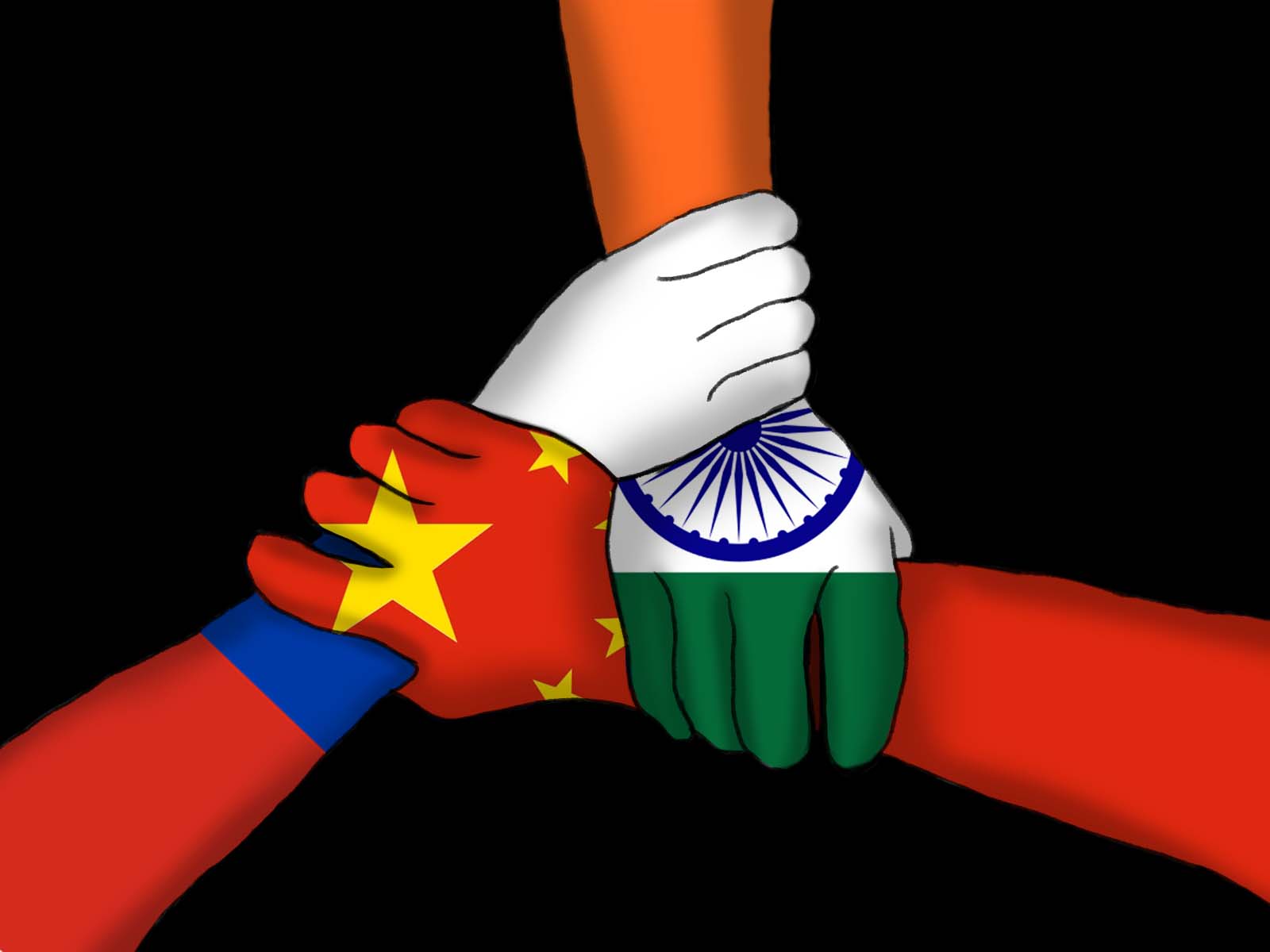
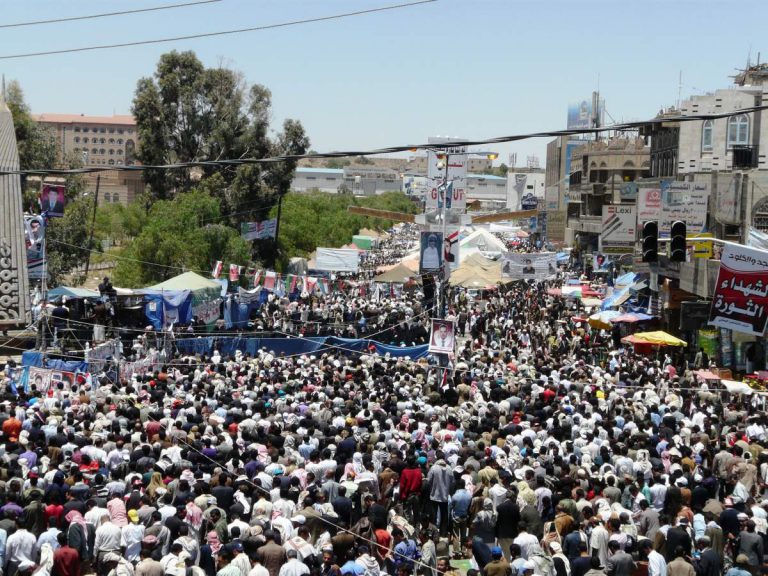
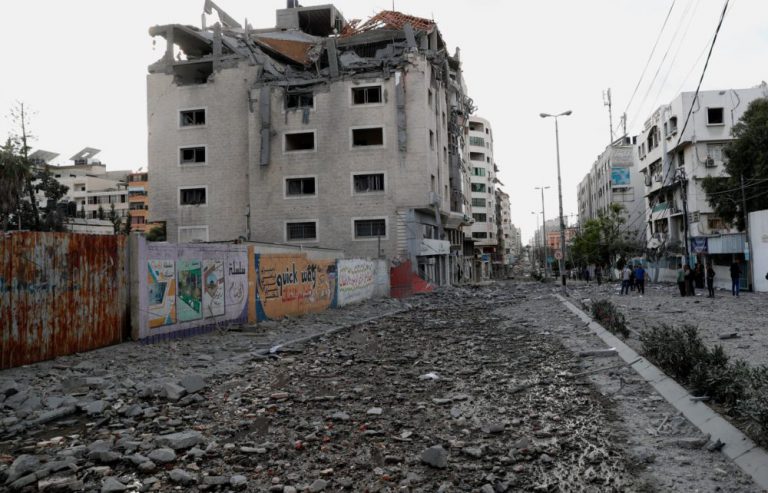
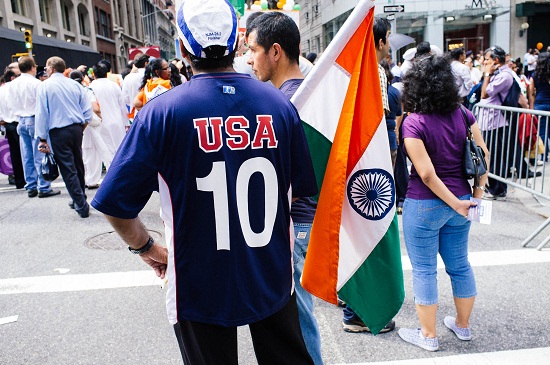
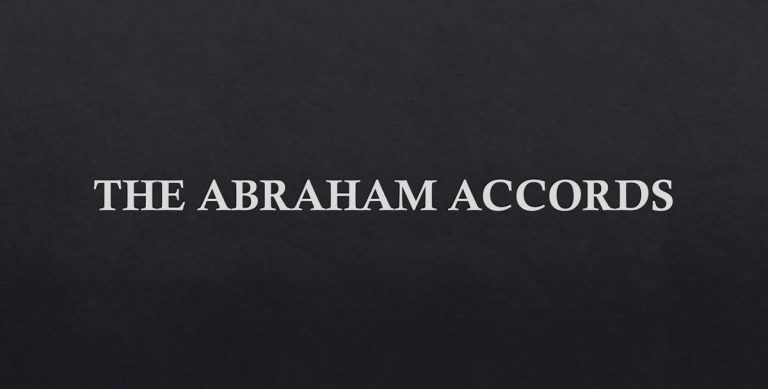
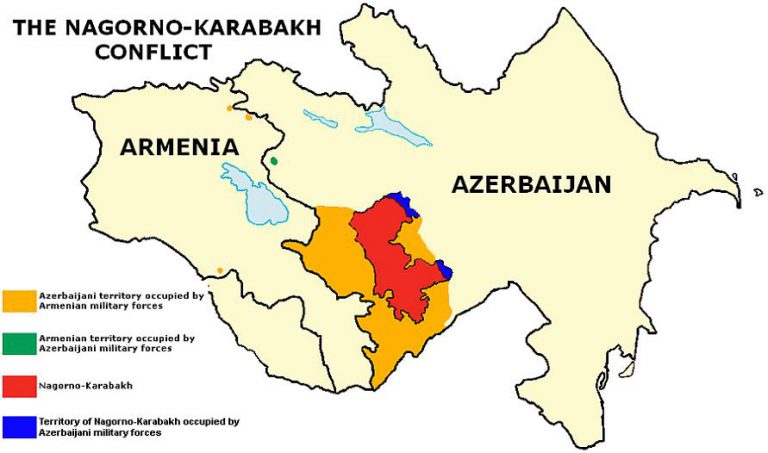
Wasn’t aware of this online educational initiative! Thanks for evoking interest in it.